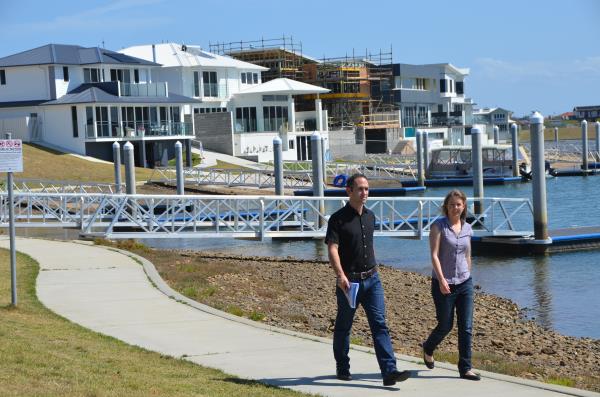
PLANNING legislation introduced to NSW Parliament has been amended as a result of community concern, but still puts the interests of developers and industry before local communities and the environment.
That’s according the Nature Conservation Council of NSW, which says the changes address some of the most troubling features of the draft laws, but still fall short of delivering a fair and sustainable planning system.
Conservation council CEO Pepe Clarke said the proposed planning system must be judged on its capacity to deliver positive environmental and social outcomes through fair and equitable planning processes.
“The planning legislation introduced today fails that test,” he said.
“The proposed laws remain unbalanced and unfair, placing the interests of developers and industry ahead of the community and the environment.”
His key concerns with the legislation include:
* The legislation continues to provide for fast-track approval of code assessable development, without community consultation or merit-based environmental assessment.
* Government has announced that code assessment will be limited to growth areas, but there are no provisions in the legislation to give effect to this commitment.
* The one-stop shop provisions of the legislation concentrate unprecedented and excessive power in the Department of Planning, by giving the Director-General the power to override the advice of expert agencies, including the EPA and Office of Environment and Heritage.
* The legislation provides multiple mechanisms for developers to over-ride local plans, including rezoning applications, rezoning appeals, strategic compatibility certificates and a broad power for the minister to amend local plans.
* The legislation does not make reference to the established principles of ecologically sustainable development, including the precautionary principle.
“The planning system has an essential role to play in safeguarding nature, protecting public health and sustaining vibrant local communities,” Mr Clarke said.
“The legislation undermines these important values by subordinating the public interest to the demands of powerful vested interests.”
Mr Clarke visited Port Macquarie in September during a whistlestop tour of the coast to drum up opposition to the legislation. During that tour he launched a conservation council report called ‘Nature in the Balance’ highlighting some provisions the council considered obvious flaws.

